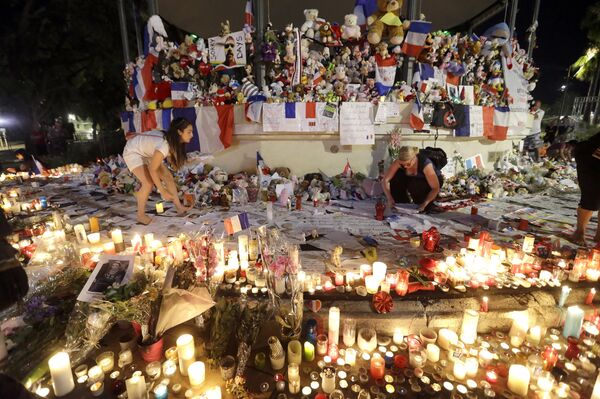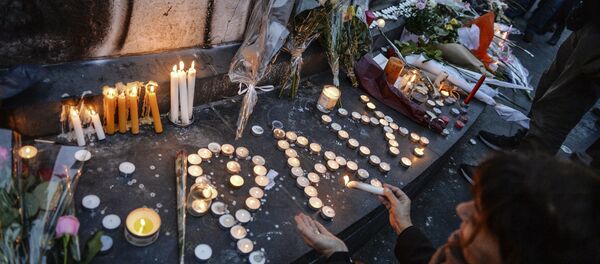The French Government introduced a new law, June 2016 — on top of the state of emergency powers — that made it an offense to "habitually" visit websites that promote terrorism. A man in Marseille was convicted under the law in September, as was a 31-year-old man in August and another in the Ardeche department in the Auvergne-Rhone-Alpes region of south-central France in December.
However, the introduction of the law drew criticism from civil liberties groups which said the measure was excessive and showed how judicial standards had dropped in the face of the threat of terrorism.
"The consultation of a site does not define a person as a terrorist," Patrick Baudouin, honorary president of the International Federation for Human Rights (FIDH) said.
Now the Constitutional Council has ruled that the law goes against the constitution as the consultation of a website in itself does not imply proof of a threat "to commit terrorist acts". The law carried a maximum prison sentence of two years and a fine of US$32,000.

The ruling is a victory for human rights groups, but a blow to Francois Hollande's government, which has drawn criticism for excessive reaction to the threat from terror — in spite of the appalling attacks around Charlie Hebdo, January 2015, in various places in Paris, November 2015, and the Bastille Day atrocity in Nice, 2016 and many others.
Liberté, égalité, fraternité
Hollande introduced a state of emergency, giving police extra powers of search and arrest. However, after years of lack of resources, many small neighbourhoods in towns and cities across France have become no-go zones, which the police have — over the years — become estranged from.
This has led to accusations that the police are deliberately targeting innocent Muslims. Many students staged a series of protests through saying that powers to prevent meetings go against the principles of "Liberté, égalité", fraternité" [liberty, equality, fraternity] and that Muslims students were being discriminated against in the use of sweeping powers of stop and search.
In an effort to counter radicalization, police were ordered into these areas, where they have encountered violent attacks, culminating in an officer being seriously injured in a Molotov cocktail attack in Viry-Chatillon, a notoriously crime-ridden commune in the southern suburbs of Paris on October 8.



